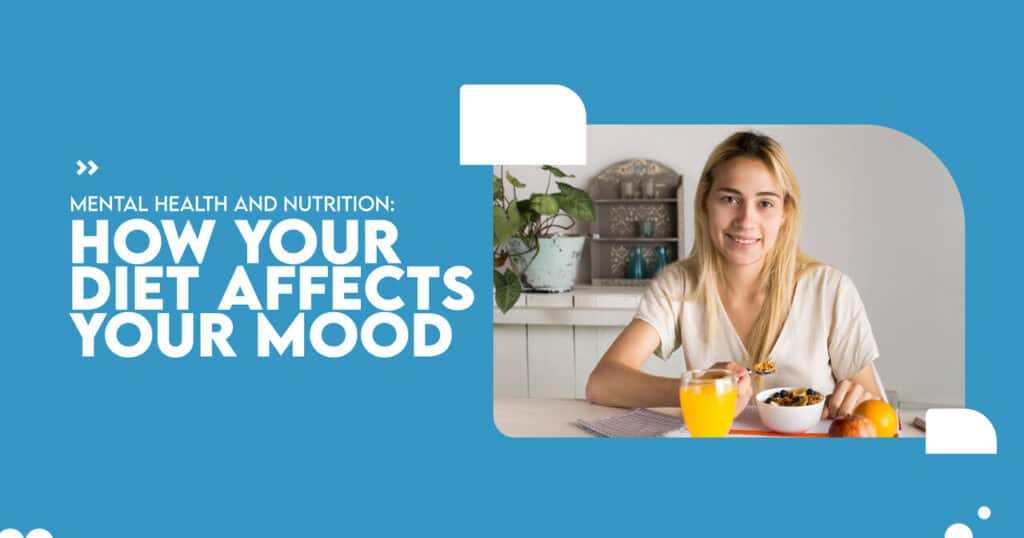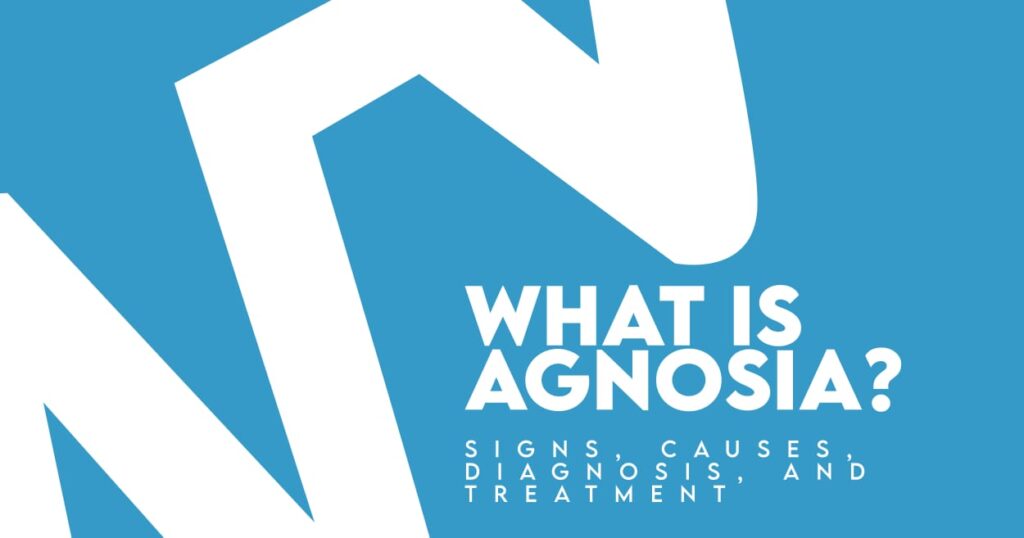Have you ever noticed how certain foods can leave you joyful and energized while others make you feel down or sluggish? If so, you’re not alone!
Mental health circles today make a lot of noise about what we eat and how our emotions are connected. As you read through this rather exciting relationship, you will begin to understand how much your nutrition plays into your overall mental health or, more so, your mood.
Nutrition Matters |
The foods you eat directly impact your mental health, influencing your mood, energy levels, and emotional well-being. |
| Prioritize Nutrient-Rich Foods | Incorporate foods rich in omega-3 fatty acids, B vitamins, and antioxidants into your diet for optimal brain health. |
| Mindfulness Is Key | Practice mindful eating to develop a healthier relationship with food and enhance your overall mental well-being. |
This post will discuss a very complex topic: nutrition and mental health. We will break down some of the key nutrients that can help support your emotional health and how to formulate a diet that will best serve as a mood booster. So grab your favorite snack (preferably healthy), get cozy, and let’s get started!
Understanding Mental Health
What Is Mental Health?
Mental health is an individual’s emotional, psychological, and social well-being. It dramatically influences most thoughts, emotions, and actions in daily life. Good mental health depends on it at each stage of life: childhood, adolescence, adulthood, and aging. It makes life easier by, most notably, helping with decision-making, developing and maintaining interpersonal relationships, fighting stress, and many other things.
Millions are suffering, and anxiety, depression, and stress-related disorders all have huge impacts on how we feel about functioning day to day. Of course, many variables determine mental health, but eating is a significant one that tends to get overlooked.
The Link Between Diet and Mental Health
More research studies prove a relationship between nutrition and mental health. What you eat helps determine your moods and mental health.
For example, whereas diets high in sugars and other processed foods are pretty strongly associated with anxiety and depression, dietary intake is inversely related to better mental health outcomes if rich in whole grains, fruits, vegetables, and healthy fats.
Pretty cool, huh? Well, our brains have special requirements when it comes to nutrition. If we give the rest of the body good nutrition, we know the brain will be healthy and emotional control is balanced. It’s pretty impressive if you think about it.
Nutrients for Mental Well-Being
Now that we understand the importance of nutrition in mental health let’s dive into some specific nutrients that can help boost your mood.
Omega-3 Fatty Acids
You might know that your brain utilizes omega-3s connected to heart health; the heart is not alone. Since your body cannot synthesize these fats internally, you must get them through your diet. They are vital for proper brain function and have been linked with fewer symptoms of anxiety and depression.
Good Sources of Omega-3s:
- Fatty fish (such as salmon, mackerel, and sardines)
- Flaxseeds
- Chia seeds
- Walnuts
- Algal oil
B Vitamins
Another important class of minerals for mental health comprises the B vitamins. It is involved in synthesizing neurotransmitters and mood-regulating chemical messengers in the brain. For example, serotonin, a neurotransmitter associated with happiness and well-being, is synthesized with vitamin B6.
Key B Vitamins and Their Sources:
- Vitamin B6. It is found in bananas, chicken, and potatoes.
- Vitamin B12. Present in animal products like fish, meat, and dairy.
- Folate (Vitamin B9). Abundant in leafy greens, legumes, and fortified cereals.
Antioxidants
Antioxidants help protect our bodies from oxidative stress, which can damage cells and lead to mental health issues. Foods high in antioxidants can help combat this stress, promoting better brain health and emotional resilience.
Foods Rich in Antioxidants:
- Berries (such as blueberries, strawberries, and raspberries)
- Dark chocolate (yes, you read that right!)
- Nuts (especially walnuts and pecans)
- Spinach and other leafy greens
- Artichokes
The Impact of Sugar and Processed Foods
The Downside of Sugar
Everyone loves to indulge in a dessert from time to time. Nevertheless, excessive sugar may have undesirable effects on mood. Spikes and crashes of blood sugar levels due to excessive sugar intake can sometimes make you restless, fatigued, and even anxious. There is also scientific proof of a connection between excessive sugar consumption and increased susceptibility to anxiety and depression.
Tips for Reducing Sugar Intake:
- Opt for whole fruits instead of fruit juices or sugary snacks.
- Read labels to identify hidden sugars in processed foods.
- Gradually reduce the amount of sugar in your beverages and recipes.
Processed Foods and Mental Health
Processed foods are also saturated with chemicals, carbohydrates, and unhealthy fats that are bad for mental health. Diet programs overloaded with processed food have been associated with the early phases of mood disorders. They may be able to help withhold your cravings, but they will make you hungrier sooner than later.
Healthier Alternatives:
- Replace chips with healthier options like popcorn, or enjoy hummus with veggie sticks for a nutritious snack.
- Eat more whole-grain foods. Instead of using white bread or pastries, eat healthy, whole-grain products.
- Cook healthy meals at home using fresh ingredients.
Building a Mood-Boosting Diet
Meal Planning for Mental Health
You don’t need to worry too much about what to prepare for a mental health-friendly diet or how to create a mood-boosting meal plan. With a bit of planning, you can start cooking healthy meals that balance mental wellness and nutritional needs. Here’s how:
- Food Diversity. To get all the necessary nutrients, you should include a wide range of foods. You want colorful fruits and vegetables, whole grains, lean protein sources, and healthy fats.
- Meal planning. Schedule a time in the week to plan your meals. This will allow you to make healthful decisions and avoid the temptation to give in to those processed foods that usually prove irresistible.
- Batch cooking. Cooking in bulk and freezing portions for an easy, healthy meal all week saves precious time and can even ensure a healthy option when you are too busy to cook.
Example Meal Ideas:
- Breakfast. Overnight oats with berries, nuts, and a drizzle of honey.
- Lunch. Quinoa salad with baby spinach, chickpeas, bell peppers, and lemon-tahini dressing.
- Dinner. Baked salmon topped with roasted sweet potatoes and steamed broccoli.
Mindful Eating Practices
Mindful eating requires paying attention to your food, enjoying every mouthful, and becoming attuned to body hunger sensations. This approach may help your overall mental health and create a healthy relationship with food.
Here are some ways you can try:
- Eat Without Fear. Turn off the TV and put your phone away during mealtime. Notice the flavors, textures, and aromas of your food.
- Eat Slowly. Chew every mouthful slowly and mindfully. This helps in digestion and enables you to enjoy your food more. Tune in to your body’s hunger and fullness cues. Eat until you feel satisfied rather than stuffed, and stop when you feel hungry again.
Lifestyle Factors That Affect Mental Health
The Role of Exercise
Another necessary aspect of mental health is exercise, although nutrition still plays a significant role. When you exercise, you release natural mood elevators called endorphins. Activity also promotes better cognitive performance, increases self-esteem, and decreases symptoms of depression and anxiety.
Tips for Staying Active:
- Find something you like to do; it does not have to be dancing, walking, or hiking.
- Set very realistic goals for yourself, be modest, and start small.
- Insert movement in your daily activities; for example, take the stairs to your floor.
Sleep and Hydration
Often, individuals do not consider sleep and hydration to be essential for maintaining healthy psyches. Poor sleeping and hydration habits will exacerbate psychological conditions. Ensure you get between 7 and 9 quality hours of sleep every night and keep yourself hydrated throughout the day.
Sleep Tips
- Establish a soothing bedtime routine to help your body recognize that it is time to unwind.
- Limit screen time before bed, as blue light can interfere with the quality of your sleep.
- Keep your sleeping environment comfortable and relaxing.
Hydration Tips
- Carry a water bottle around to remind you to drink throughout the day.
- Include water-rich foods in your diet: fruits and vegetables.
End of Discussion
As this article has shown, food has a great deal of impact on a person’s mental health. Our preference for what to eat directly relates to our mood and well-being. Integrating nutrient-rich foods, understanding mindful eating, and embracing health will positively impact our mental wellness.
After all, it is for progress, not for perfection. So, begin with a healthy diet adaptation or two and move upwards. Your body and mind will thank you!
FAQs
- Can diet affect my mood?
Yes, but what you eat can significantly influence your moods and mental health. Diets full of whole foods, healthy fats, and nutrients improve one’s mood, while high sugar and processed foods can mess with it.
- What are some foods I should avoid for better mental health?
On the other hand, it will be crucial for you to avoid and reduce highly processed foods, sugary drinks, and snack foods that commonly induce mood swings and energy crashes. Sometimes, you must replace them with whole foods like fruits, vegetables, whole grains, and lean proteins.
- How long does it take to see improvements in my mood after changing my diet?
Improvement varies from person to person, but most note changes within a few weeks of adopting a healthier diet. Consistency is everything.
- Is it necessary to take supplements for mental health?
Nutrients can best be obtained through food, but sometimes supplements are necessary, especially in the case of deficiency. Still, advice about starting any supplement should be sought from a healthcare professional first.
- How can I practice mindful eating?
This can be achieved through mindful eating, avoiding other kinds of distractions during a meal, and eating slowly while paying attention to all your hunger and fullness cues. This will ultimately allow for a better relationship with food and general health.








